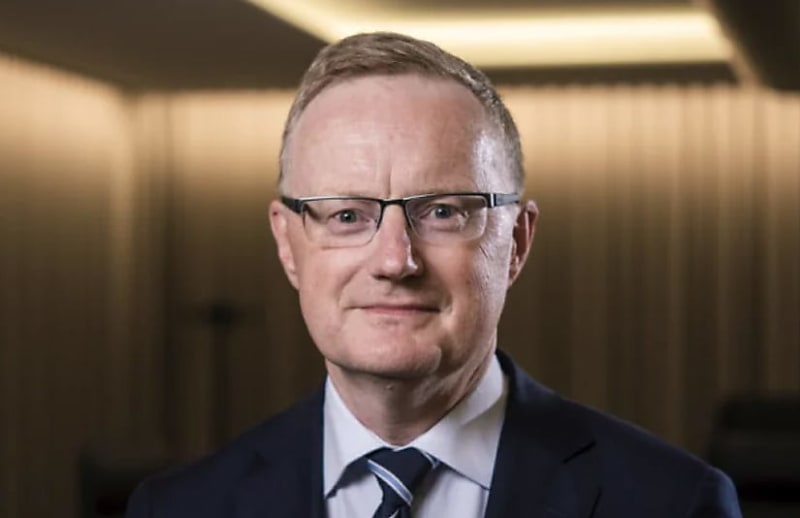Wait-and-see decision leaves Australia holding its breath for a soft landing.
22 November 2024
Rising Stars Awards 2024
Recognising the rising stars in the accounting industryThe inaugural Rising Stars Awards will bring the accounting...
KNOW MOREWait-and-see decision leaves Australia holding its breath for a soft landing.

The RBA has revealed a surprise monetary policy decision in pausing the cash rate at 4.10 per cent after the four per cent increase since May last year, rather than another raise that was expected.
In his monetary policy statement, Philip Lowe said the uncertainty surrounding the economic outlook and the belief that inflation in Australia had passed its peak led to its rate decision, however, he emphasised that inflation was still too high.
“The board decided to hold interest rates steady this month. This will provide some time to assess the impact of the increase in interest rates to date and the economic outlook,” said Dr Lowe.
“But inflation is still too high and will remain so for some time yet. High inflation makes life difficult for everyone and damages the functioning of the economy. It erodes the value of savings, hurts household budgets, makes it harder for businesses to plan and invest, and worsens income inequality.”
Deloitte Access Economics partner Stephen Smith said the RBA’s decision showed that the economy was at a tipping point.
“Today’s decision to pause rate hikes shows the RBA has realised the economy is on a knife’s edge and that it must pivot to achieve its goal of threading a narrow path through current economic conditions,” said Mr Smith.
“Growth is already slowing sharply, led in particular by the two most interest-rate sensitive components of economic activity - consumer spending and housing investment.”
He said the pause was crucial for businesses and households feeling the brunt of the rate rises across the nation.
“The pace of inflation has peaked and is moderating, wage growth is not excessive, medium-term inflation expectations are not rising, and the RBA’s own research shows that at least half of inflation in Australia over the past year has been driven by supply factors,” said Mr Smith.
“Today’s pause is welcome and will be a relief to households. It is also consistent with the fact that central banks are impotent in the face of supply-side inflation pressures.”
“Monetary policy is a spent weapon. We must turn towards fiscal policy, investment and innovation to lift productivity; competition policy to improve efficiency and erode market power, and tax policy to boost prosperity.”
Dr Lowe said the board also looked at the slowing conditions of the economy, particularly as the labour market had begun to ease despite remaining very tight with labour shortages slowly reducing.
“The board remains alert to the risk that expectations of ongoing high inflation will contribute to larger increases in both prices and wages, especially given the limited spare capacity in the economy and the still very low rate of unemployment,” he said.
“Accordingly, it will continue to pay close attention to both the evolution of labour costs and the price-setting behaviour of firms.”
“The board is still expecting the economy to grow as inflation returns to the two to three per cent target range, but the path to achieving this balance is a narrow one.”
BDO’s EconSearch partner Anders Magnusson said the pause reflected the RBA’s confidence that its previous rate rises had achieved the desired effect.
“The RBA is comfortable that the dozen recent rate rises have set in motion the levers necessary to bring inflation down,” said Mr Magnusson.
“The rising cost-of-living pressures and gradual transition from fixed to variable home loans for many homeowners has succeeded in dampening demand, causing annual inflation to decrease to 5.6 per cent in May.
“We expect to see a continued pause on rate rises as headline inflation decreases. The RBA will need to manage the next few months of softening economic conditions very carefully to avoid a hard landing for the national economy.”
You are not authorised to post comments.
Comments will undergo moderation before they get published.